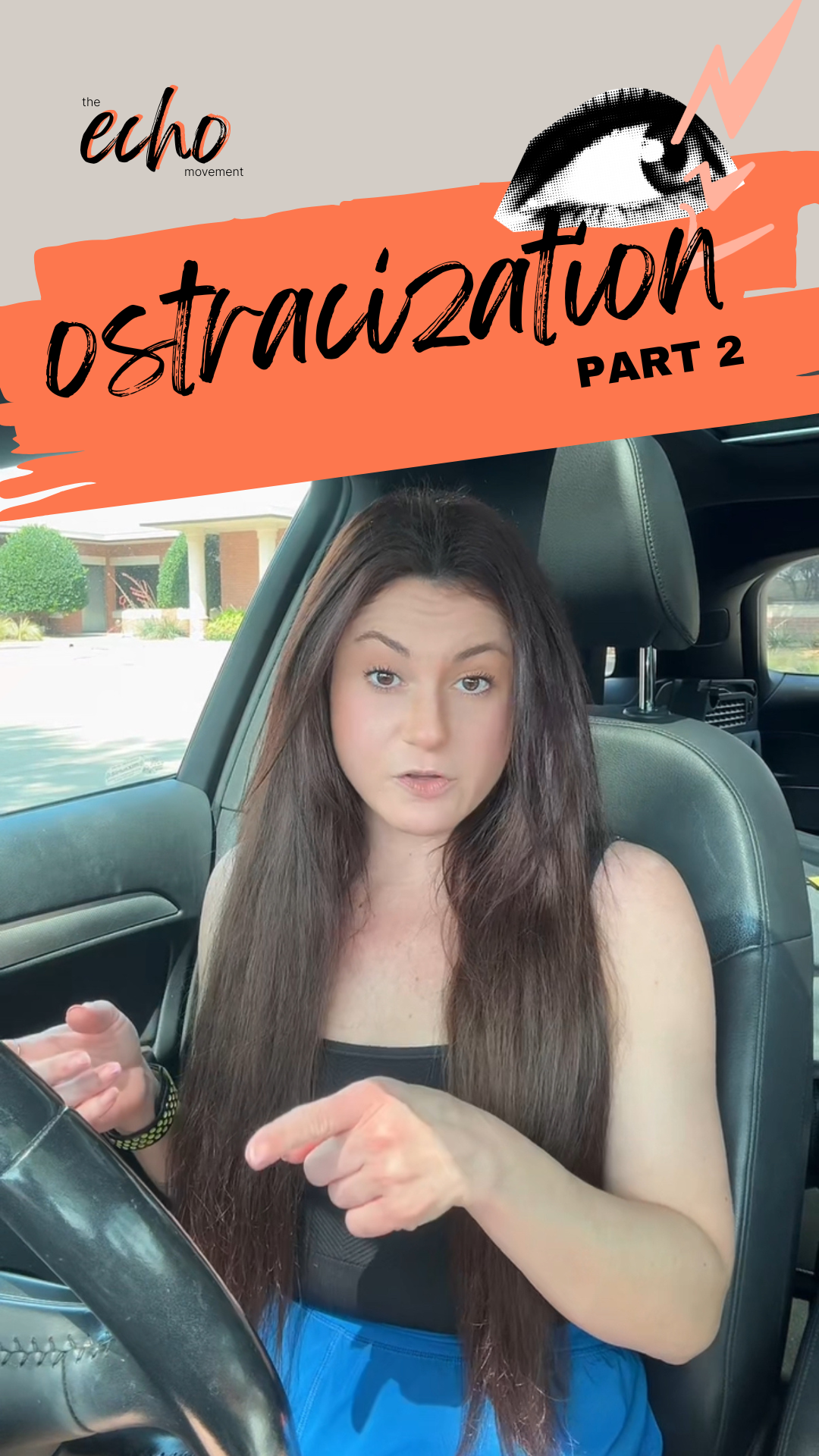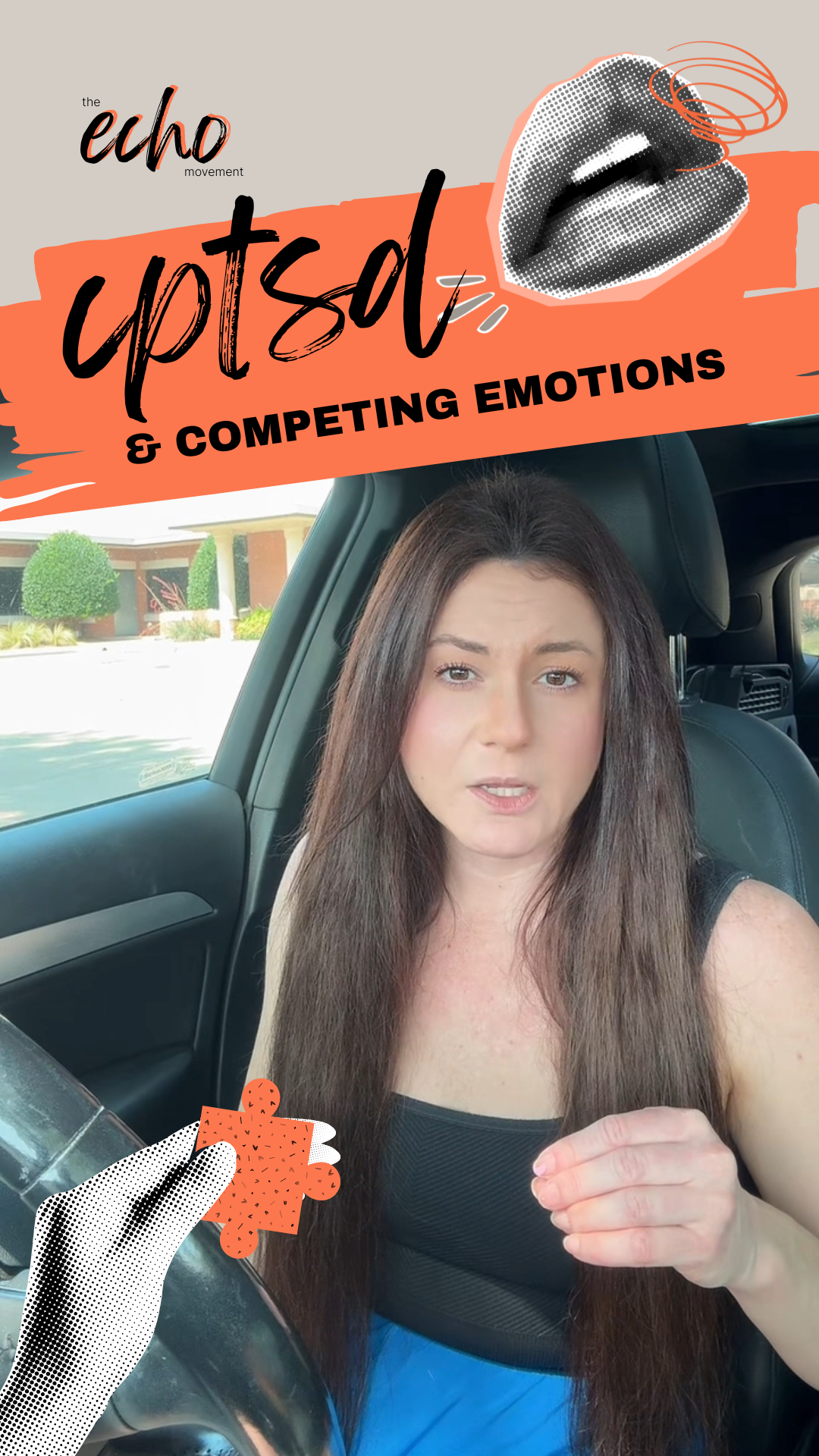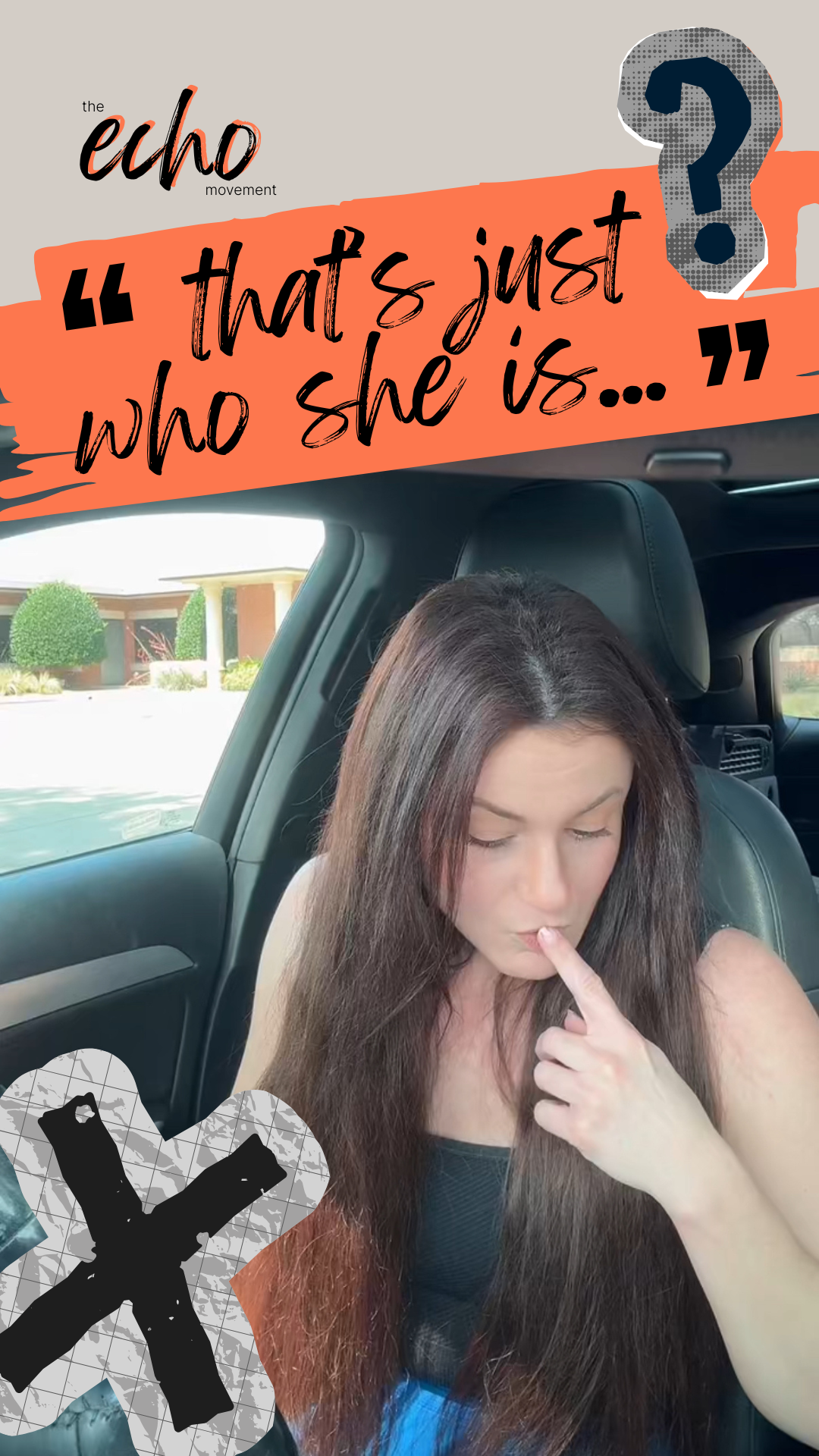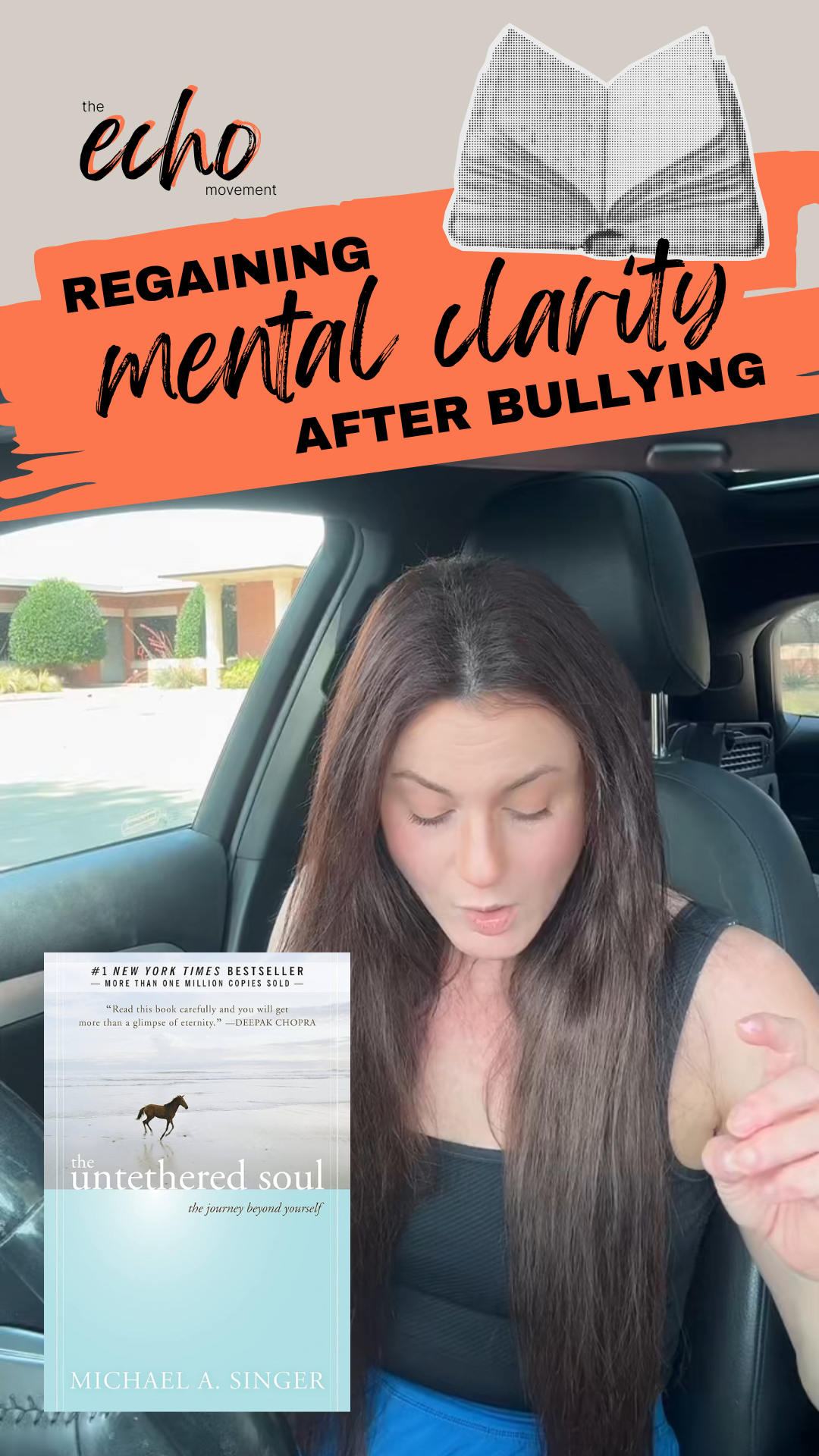Bullying doesn’t always look like shouting, shoving, or name-calling. Sometimes, it hides behind everyday phrases that are designed to make you question yourself. These subtle forms of emotional bullying and gaslighting can be just as damaging as physical bullying, if not more, because they chip away at your confidence and reality.
Here are six of the most common toxic phrases bullies use, and why they’re so dangerous.
#1 “Don’t be so sensitive.”
Translation: “I’m going to hurt you, and you’re not allowed to react.”
This is a classic gaslighting tactic meant to dismiss your feelings. It’s not about sensitivity — it’s about boundaries being crossed.
👉 Related: Emotional Bullying
#2 “It’s just a joke.”
When cruelty is disguised as humor, it still leaves scars. Bullying hidden under the mask of comedy normalizes abuse and makes it harder for victims to call it out.
👉 Related: Social Bullying
#3 “You’re overreacting.”
This phrase shifts the blame onto the victim and invalidates their very real pain. It teaches you to minimize your own experiences, which is exactly what bullies want.
#4 “Calm down.”
Rather than addressing the harm they caused, bullies use this phrase to silence you. It’s not a request for peace, it’s a demand for control.
👉 Related: Reactive Abuse
#5 “You always…” or “You never…”
These blanket statements paint you as “the problem” every time. They’re exaggerations designed to corner you, and they remove any chance of nuance or fairness.
#6 “I was just trying to help.”
This is criticism dressed up as care. It’s meant to make you feel guilty for standing up for yourself.
Why These Phrases Matter
Individually, these words may sound harmless. But when used repeatedly, they form a language of control that erodes self-worth and reinforces cycles of abuse. Recognizing them is the first step to breaking free.
📚 For more on why words matter, see The Body Keeps the Score — a powerful book on how trauma is carried in the body and mind.
Call It Out
If someone in your life frequently uses these phrases, it’s not just a personality quirk, it’s a form of relational bullying that can leave long-term scars. The only way to stop it is to call it what it is.






